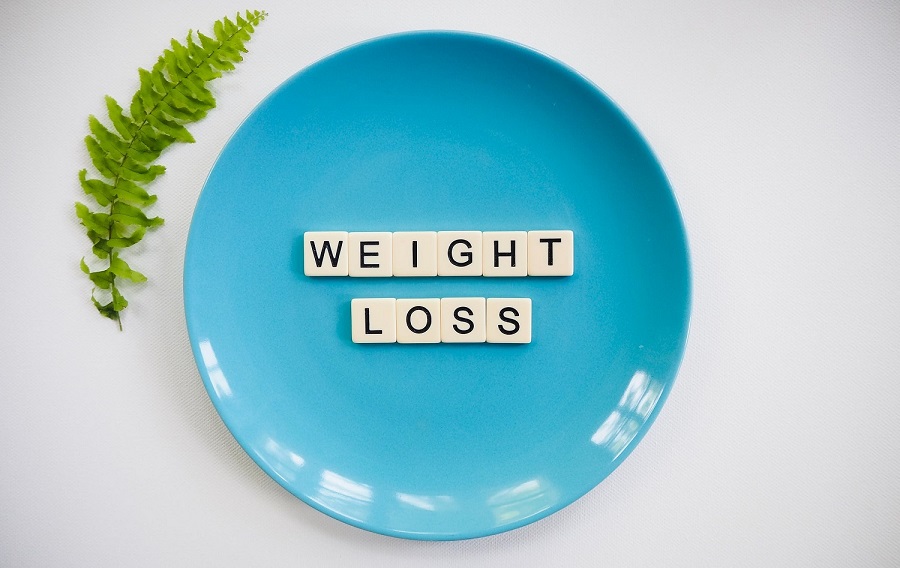Why it’s getting harder to lose weight as you age

Have you ever had the experience of losing weight in a short period of time, but only found it hard to lose weight or prevent yourself from gain even more fat as time goes by? Why’s that? Is it related to age? The answer is yes. According to scientists, after the age of 30, your body will need less energy and start to gain 1-2 pounds per year. And when you turn 40, hormones, lifestyle, stress, and other factors all contribute to weight gain.
Slower metabolism
As you age, you are actually losing muscle year by year. Muscle plays an important role in consuming calories, so your metabolism will become slower. However, most people are still eating the same as before, and as a result, this excessive calorie is stored as fat.
Change in hormones

Women during menopause will experience a drop in estrogen, which accelerates weight gain. Even during perimenopause when women are at the age of 40, they are more likely to have fluctuation in mood and thus find it hard to stick to a healthy eating habit and exercise routine. Men are not spared, either. Around the age of 40, they’ll start losing testosterone, a hormone in charge of fat distribution and muscle strength.
Another hormone that makes a difference in growth hormone, which helps your body consume fat. Both women and men experience the loss of growth hormone.
Stress

As you turn middle-aged, pressure from working, raising children, retirement, and many other responsibilities will leave you little time for yourself to pay more attention to your healthy lifestyle. You may be stressed out by too many tasks. And when you are stressed, your level of ghrelin will rise, which makes you feel hungry and crave more food.
Solution

- 1. Regularly do aerobic exercise like jogging, walking, swimming, and bicycling. This can help you retain as much muscle as you can.
- 2. Stick to a healthy diet and eat more high-protein food like nuts, beans, and milk, instead of convenient fast food that contains too much sugar or salt. Also, remember to gradually reduce your food intake, in order to match the decreasing energy need of your body.
- 3. Stay hydrated every day. This is not only because it can ensure normal metabolism, but being dehydrated may make you mistakenly think you are hungry.















